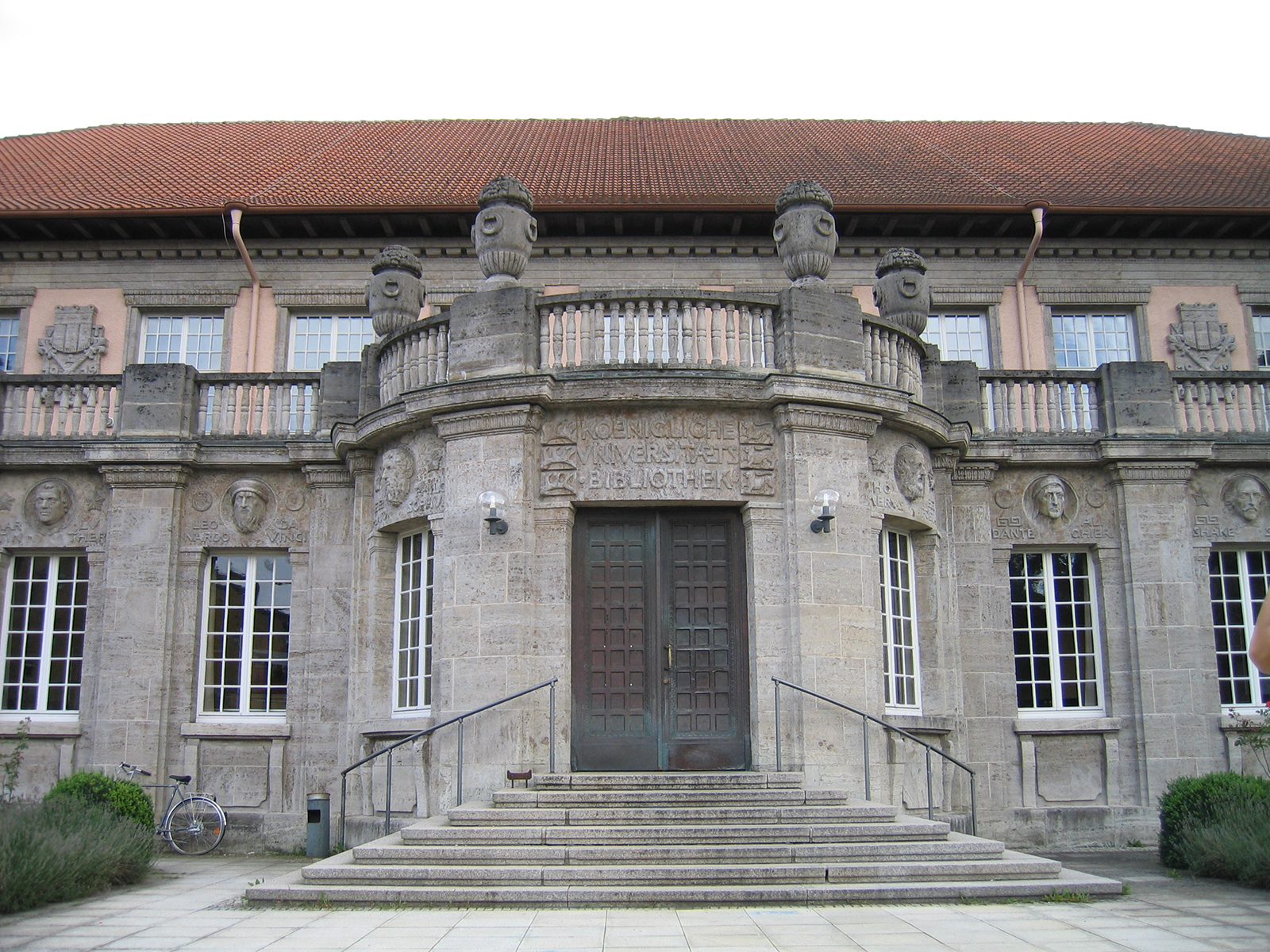University of Tübingen: MINT me! connects student laboratories in the region
Carry out experiments yourself and take a look behind the scenes of research: In school laboratories, schoolchildren can try out scientific questions. The “MINT me!” project wants to make such extracurricular learning opportunities more visible in the future. The MINT didactics and the school laboratory for neurosciences at the University of Tübingen have joined forces with partners (BBQ Tübingen, Universitätsstadt Tübingen, Siemens Stiftung) and 14 other partners (including Tübingen AI Center, Cyber Valley, the iFIT and CMFI clusters of excellence). Together, the external presentation of such offers for MINT subjects (mathematics, computer science, natural sciences and technology) should be bundled and further developed.
The project was selected as one of 25 projects from a total of over 100 applications as part of the current MINT action plan of the Federal Ministry of Education and Research. It receives financial support of 500,000 euros for three years.
The plan is to use a web portal to create a central point of contact for MINT activities at the University of Tübingen that supplement teaching. One focus is on the sustainable integration of learning opportunities with school lessons through so-called “blended learning”. Video clips from practice will show that and how student laboratories are directly related to professional fields.
“At the forefront of all extracurricular learning opportunities is the question: How can research processes be illustrated using relevant job-specific and everyday questions?” says Professor Stefan Schwarzer (Chemistry Didactics), who heads the project together with Professor Uwe Ilg (Neurology School Laboratory). If students get to know research through practical examples from science and business, this can be a basis for choosing a MINT profession later.
“MINT me!” is intended to help counteract the lack of MINT young people in the economically strong Neckar-Alb region. Furthermore, the network should form an organizational framework for further activities, such as further training for teachers or internships. The scientific monitoring of the project by the MINT didactics will contribute to the quality assurance of the learning opportunities.

